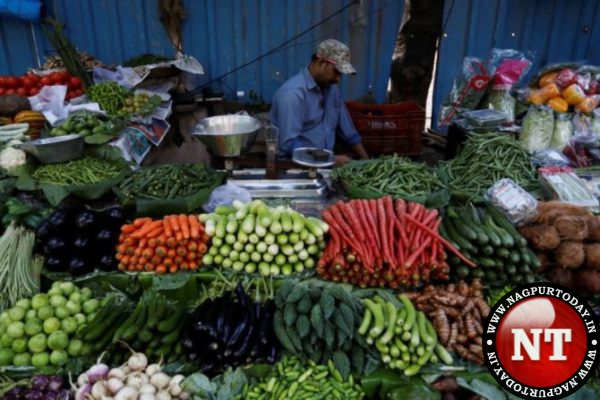
An average urban individual living in Delhi might be shelling out at least 84 per cent more due to rising vegetable prices, caused by low supplies and restricted availability.
With the southwest monsoon continuing to inundate fields and farms in major growing centres, traders said the situation may not change in a hurry and vegetables will continue to cause some heartburn in the weeks to come.
The price is impacting other urban and rural centres as well. In the case of tomatoes, efforts to control prices have started bearing fruit and prices in the last few days have dropped from around Rs. 81 per kg in the Azadpur wholesale market of Delhi to around Rs. 65 per kg.
But compared to a month ago, the rates are still over 207 per cent more.
An analysis by Business Standard on the basis of available data sets and consumption pattern shows that on an average, the expenditure of an urban individual on select vegetables (taken from the list of those whose per capita per month consumption is mentioned in 2011-12 Consumption Expenditure Survey, the latest available) has risen by nearly 84 per cent in the last one month (from June 22 to July 23).
This could have a cascading impact on overall food inflation, but more importantly on household budgets.
The prices of spices and pulses, along with wheat and rice, are on an upswing since the last few months, all of which have a significant impact on the monthly budget of an average Indian household.
In the case of rice, which is among the largest consumed cereal in the country, an official statement said that prices had increased by over 11.5 per cent over a year, and three per cent over the past one month as on July 20. Another factor that has added uncertainty to food prices is the cessation of Black Sea grain deal by Russia.
The ending of the deal has already pushed up global wheat prices and could threaten food security in importing nations. India has comfortable wheat stocks, but if global prices move higher then its own ability to import at lower rates to tame domestic inflation would get limited.














